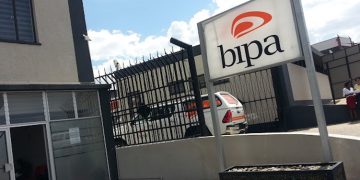
Stanlib Chief Economist Kevin Lings has called on the Namibian government to consider public-private partnerships to enhance the country’s infrastructure.
Lings specifically recommended retaining state-owned assets like TransNamib, but bringing in private management to increase profitability and employment.
“We are not, for example, saying sell TransNamib – we are saying keep the asset but get someone private to manage it to such an extent that it becomes profitable, employs more Namibians, and is a win-win for all. This could be done for the railways, hospitals and possibly even schools in Namibia,” Lings stated at the company’s In Perspective Namibia’s Roadshow.
Lings emphasised that such partnerships could revitalise essential services and drive economic growth. His comments come as Namibia is seeking innovative solutions to boost its economy and address challenges in key sectors.
Lings gave a macroeconomic update, highlighting facts about world consumer inflation, which was making progress and edging closer to target levels.
“Inflation worldwide is mostly under control and 38 countries worldwide have cut interest rates. South Africa and Namibia are sure to follow – we anticipate around September this year. Europe is aiming for an inflation target of 2%, while the United States is standing at just over 3% with a target of 2%. South Africa will also look at a decent interest rate cut, not massive and we expect the SA repo rate will end up around 7% within 18 months,” he said.
Meanwhile, Stanlib Namibia Portfolio Manager Sade Gertze shared that developments in the oil, gas and green hydrogen industries have already had a big impact on the local economy.
“This is only the beginning, and we anticipate the sector to be pivotal to Namibia’s long-term growth story, with positive spill-over effects into other sectors, creating more broad-based economic growth,” she said.
She added that inflation has been well contained over the last few months and the probability of an interest rate cut this year is increasing.













